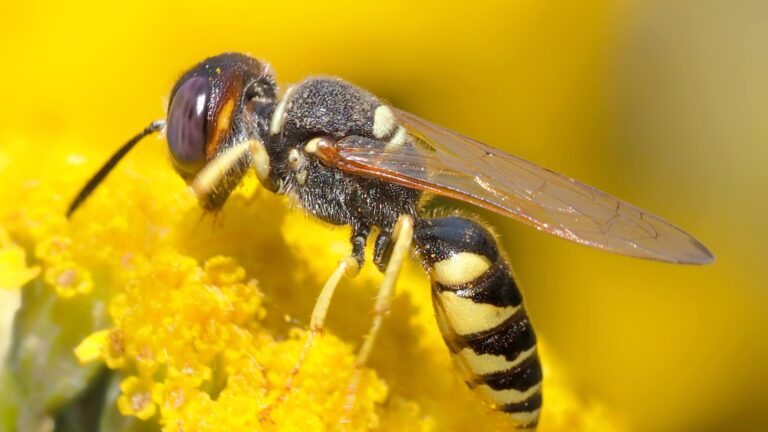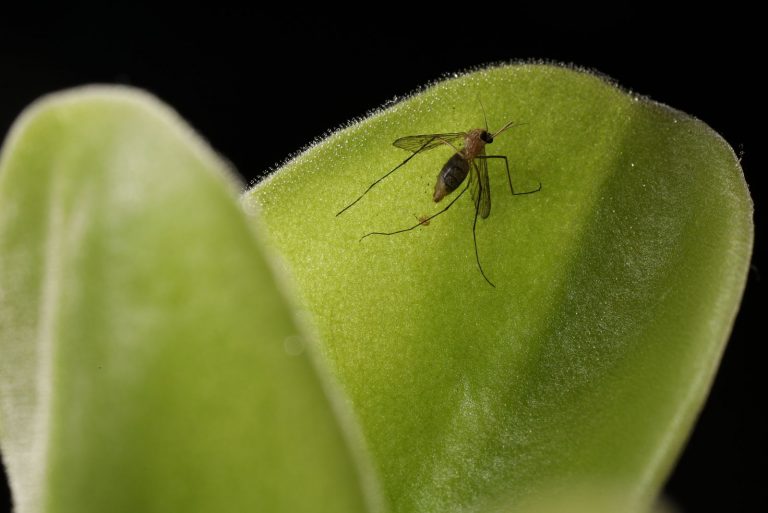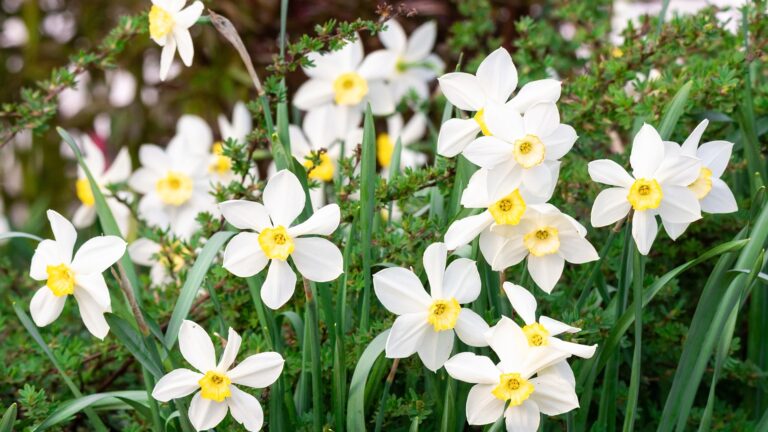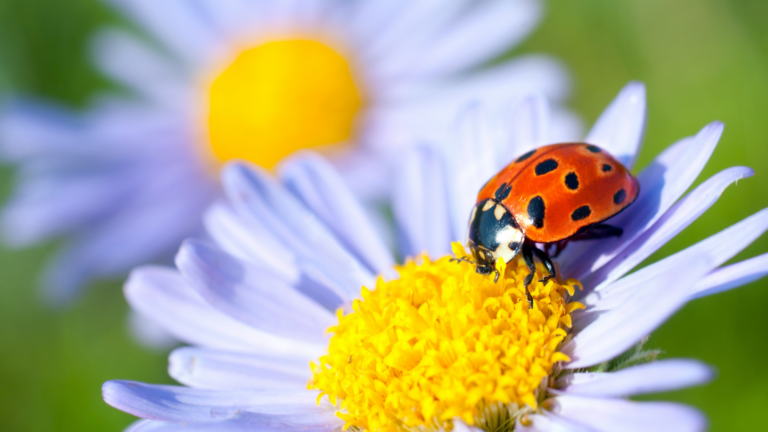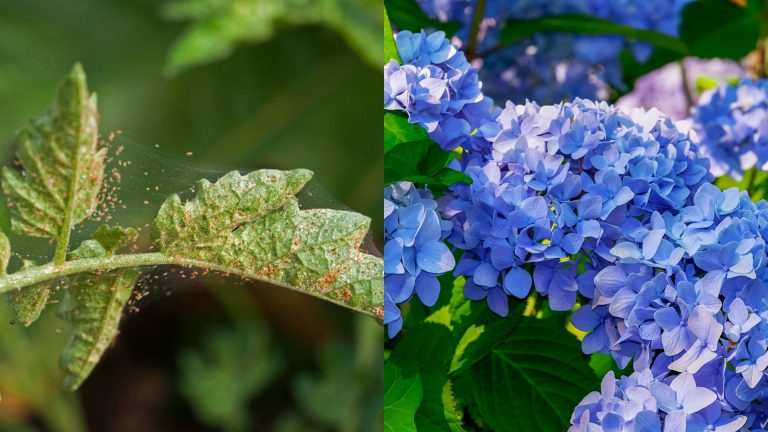11 Plants That Help Prevent Mice Around Georgia Homes
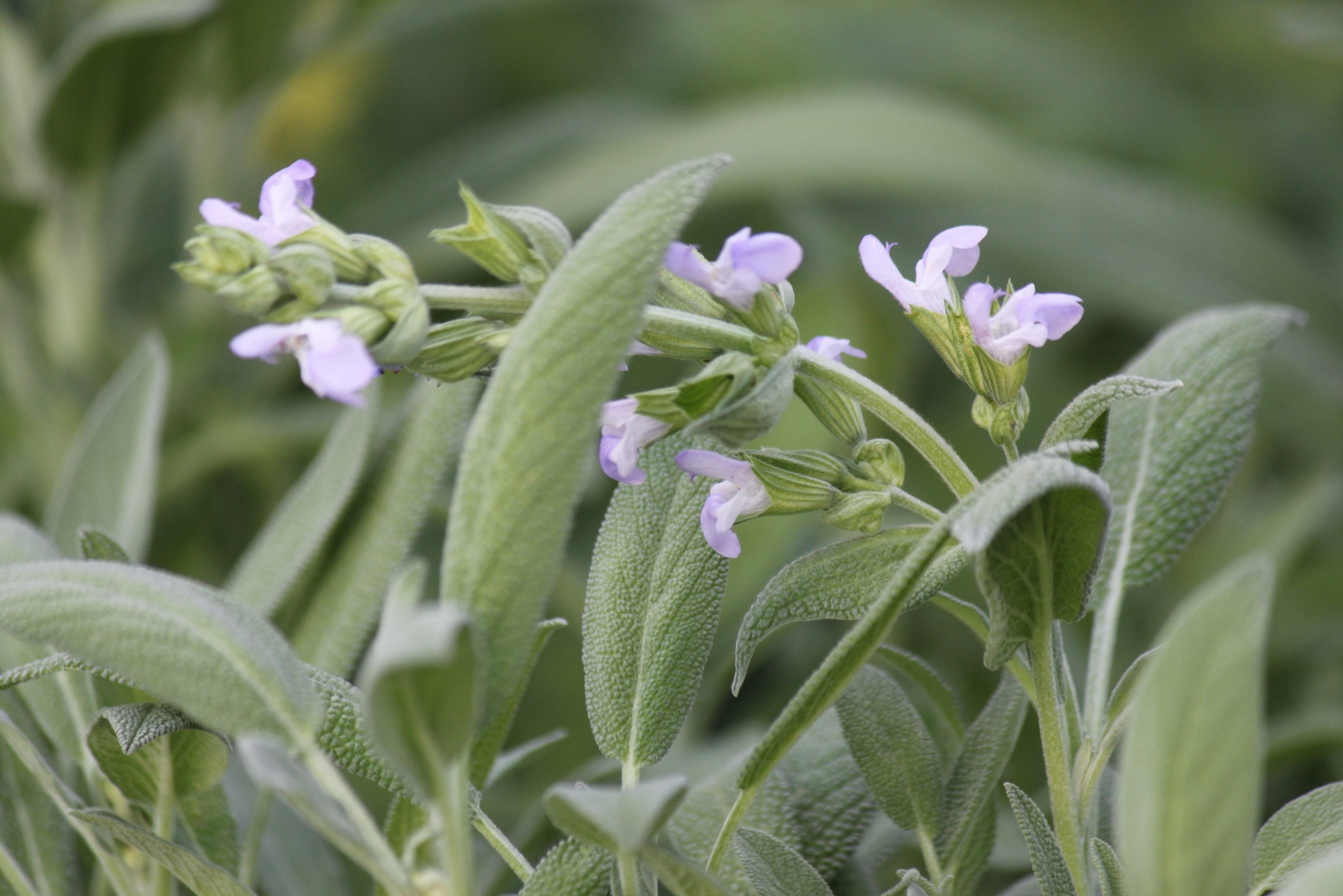
Mice can become unwelcome guests in Georgia homes, especially when the weather cools down. Instead of relying only on traps or chemicals, you can use nature’s own defense system by planting certain herbs and flowers around your property.
Many plants give off strong scents that mice absolutely hate, making them natural deterrents that also beautify your yard.
1. Peppermint
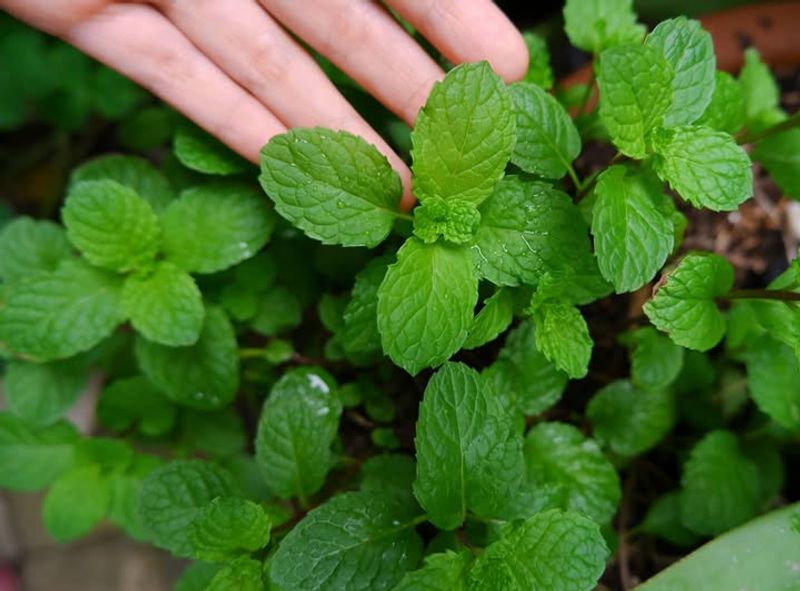
Strong menthol aromas make peppermint one of the most effective natural mouse repellents you can grow. Mice have incredibly sensitive noses, and the powerful smell overwhelms their senses, driving them away from areas where peppermint thrives.
Plant it near doorways, foundations, or anywhere mice might try to enter your home. Peppermint grows quickly and spreads easily, providing continuous protection throughout the growing season in Georgia. You can also crush fresh leaves and place them in problem areas for extra defense.
2. Lavender
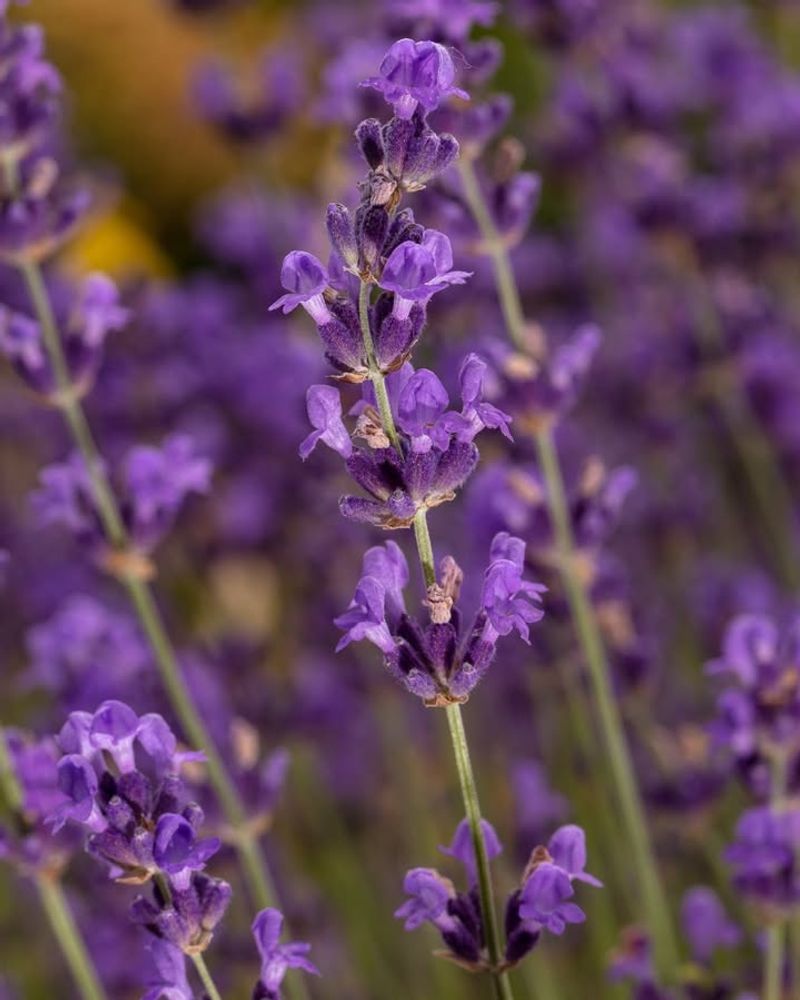
While humans adore the calming fragrance of lavender, mice find it absolutely repulsive and will avoid it at all costs. The essential oils in lavender contain compounds that irritate rodent respiratory systems, making it an excellent barrier plant.
Georgia’s warm climate suits lavender perfectly, especially well-draining soil and full sunlight. Position lavender bushes near entry points, windows, or along your home’s perimeter. The dried flowers retain their potency, so you can harvest them for indoor protection too.
3. Rosemary
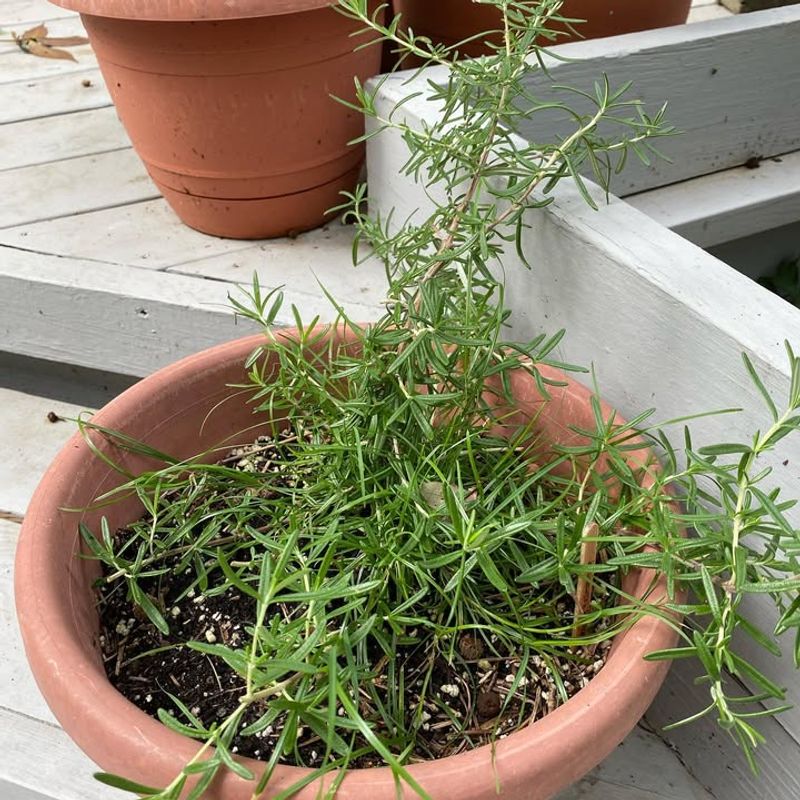
Rosemary’s piney, camphor-like scent creates an invisible shield that mice refuse to cross. Beyond pest control, you’ll have fresh herbs for cooking right outside your door, making this a practical and multipurpose addition to your landscape.
This woody perennial thrives in Georgia’s climate when planted in sunny spots with good drainage. Place rosemary in pots near doorways or plant it as a border along your foundation. The stronger the plant grows, the more effective it becomes at keeping rodents away.
4. Marigolds
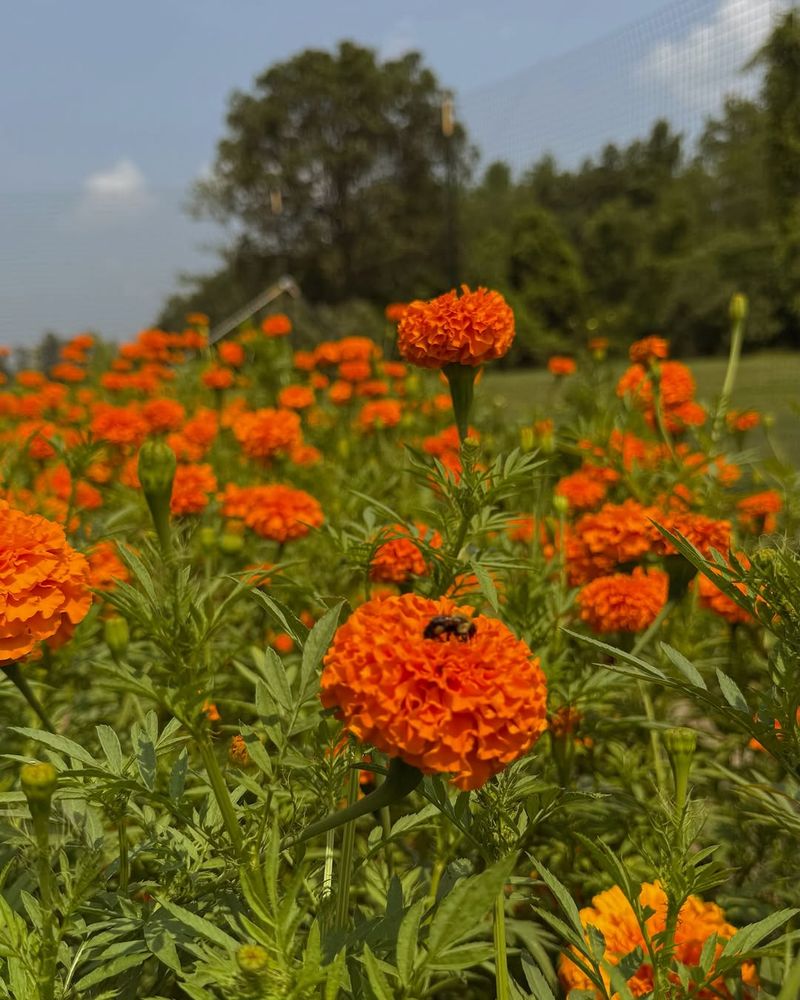
Bursting with color and pest-fighting power, marigolds release a pungent odor that mice absolutely detest. The smell comes from pyrethrum, a natural compound often used in commercial pest repellents, making these cheerful flowers surprisingly effective defenders.
Plant marigolds generously around your home’s foundation, garden beds, and entryways for maximum protection. They bloom reliably in Georgia’s hot summers and require minimal maintenance. As a bonus, marigolds also repel insects, giving you double the pest-control benefits.
5. Daffodils
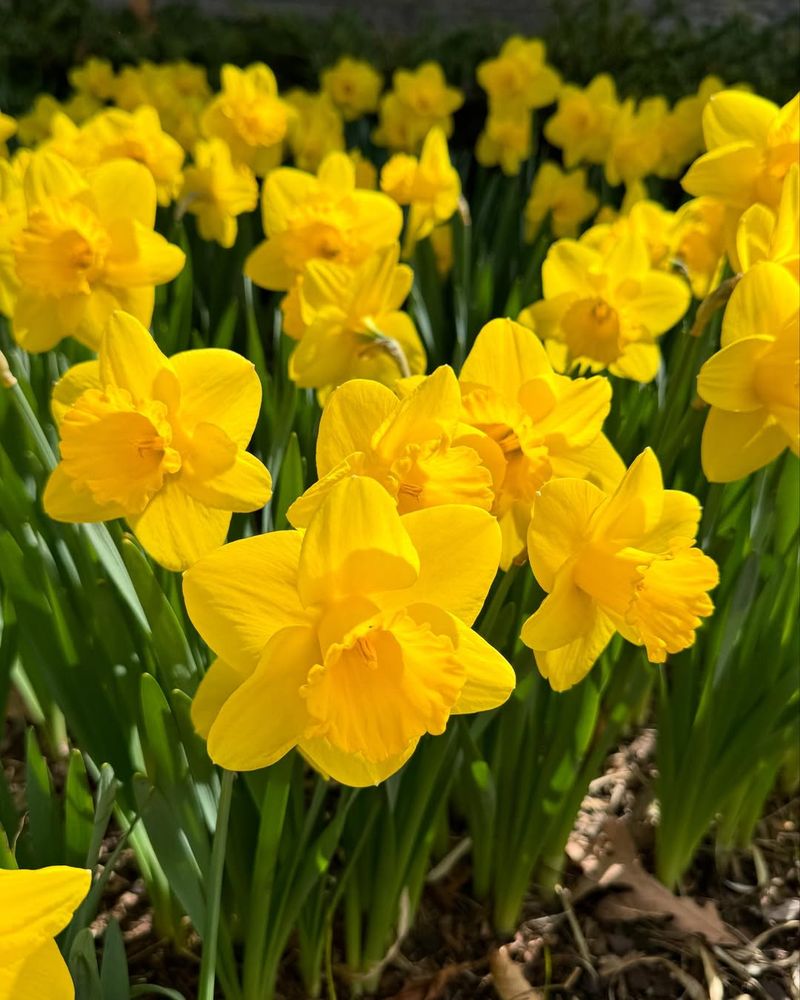
Springtime beauties that pack a toxic punch, daffodils contain alkaloids that make them dangerous for mice to nibble. Rodents instinctively avoid these bulbs and flowers because of their bitter taste and harmful compounds.
Plant daffodil bulbs in fall for gorgeous spring blooms that return year after year. Space them around your yard’s perimeter or near areas where you’ve noticed mouse activity. The bulbs remain effective underground even when flowers aren’t blooming, providing year-round deterrent effects beneath the soil.
6. Garlic
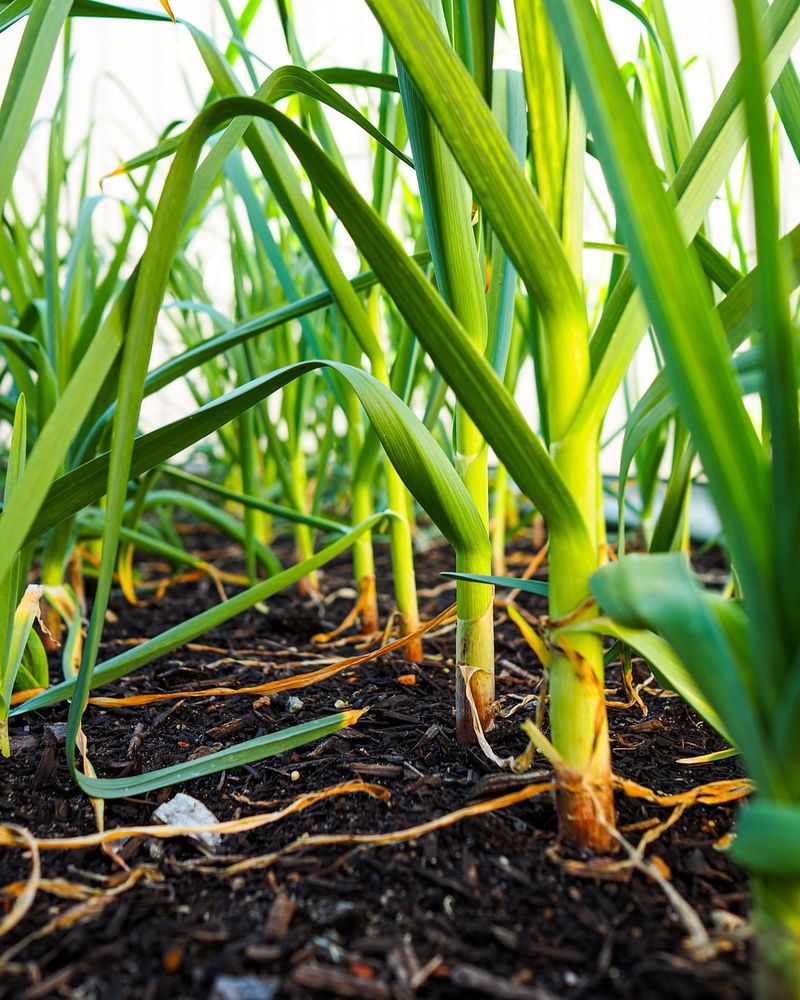
Few scents offend mice more than garlic’s sharp, sulfurous aroma that permeates the air around it. Each bulb releases allicin and other compounds that irritate rodent senses, creating an effective natural barrier without any harsh chemicals.
Georgia gardeners can plant garlic cloves in fall for summer harvest or keep it growing as a perennial pest deterrent. Position garlic near vulnerable spots like crawl spaces, sheds, or garage entrances. Even after harvesting, the lingering scent continues discouraging mice from approaching treated areas.
7. Mint Varieties
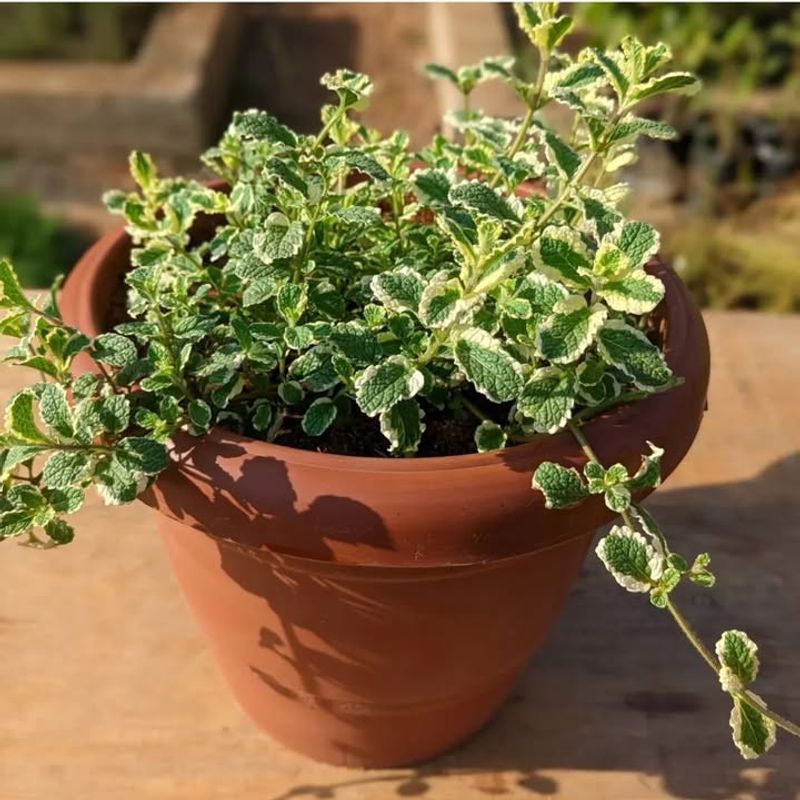
Spearmint, chocolate mint, and other varieties share peppermint’s mouse-repelling qualities while offering diverse flavors for your kitchen. All mint family members produce menthol-based oils that overwhelm rodent olfactory systems and send them running.
Consider planting mint in containers since it spreads aggressively and can take over garden beds. Place potted mint strategically around your Georgia patios, doorways, and problem zones. The vigorous growth means you’ll have constant protection, and regular pruning releases even more of those powerful aromatic oils.
8. Catnip
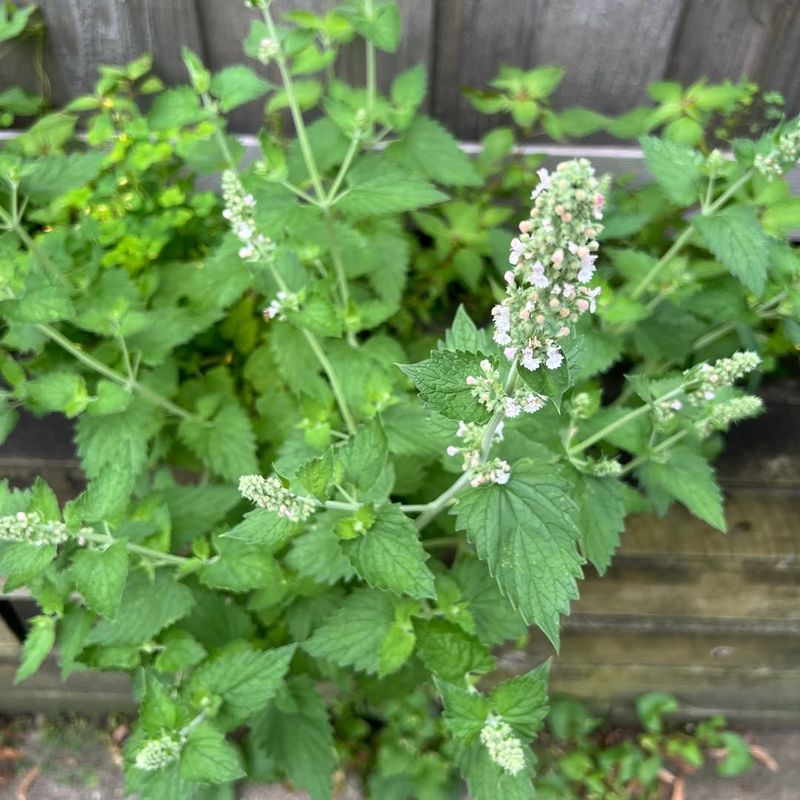
Ironically, while cats go crazy for catnip, mice run away from it like their lives depend on it. The nepetalactone compound that attracts felines acts as a powerful repellent for rodents, making this herb a clever two-fold pest solution.
Catnip grows easily in Georgia’s climate and tolerates various soil conditions with minimal care. Plant it near foundations, garages, or storage areas where mice commonly enter. If you have outdoor cats, they’ll enjoy the plants while simultaneously helping patrol for any brave mice that dare approach.
9. Chrysanthemums
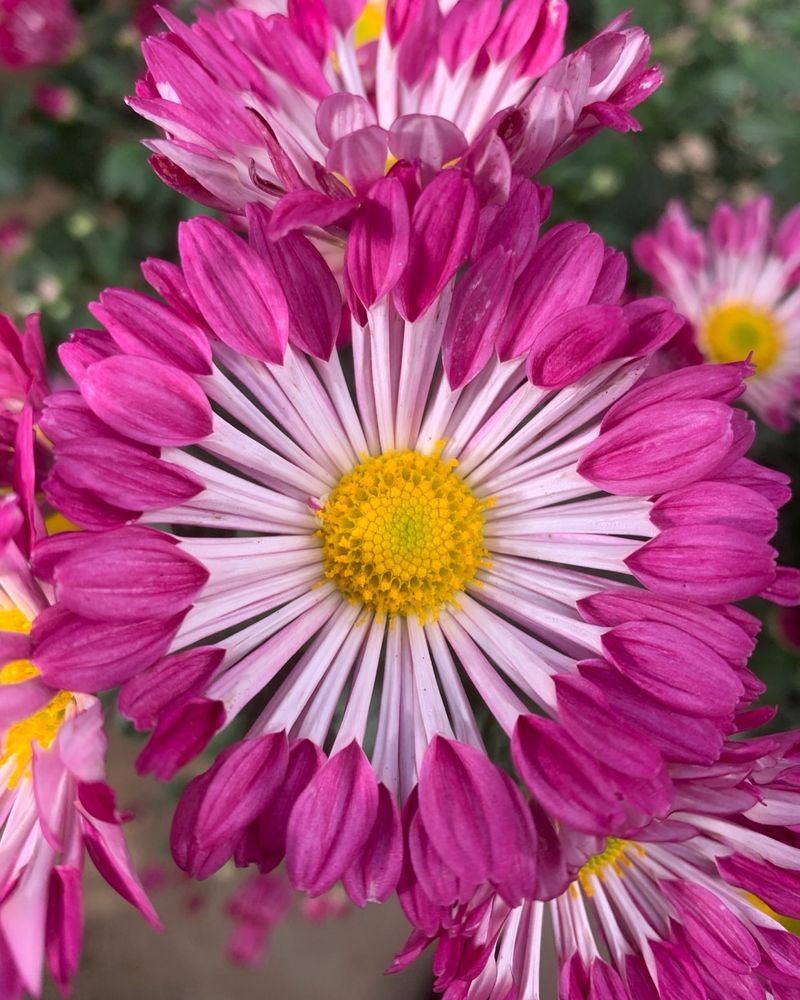
Fall-blooming mums contain pyrethrin, a powerful natural insecticide that also keeps mice at bay effectively. These hardy flowers provide gorgeous autumn color while forming a protective barrier that rodents instinctively avoid crossing.
Plant chrysanthemums in late spring or early summer for spectacular fall displays throughout Georgia. Position them along walkways, near entryways, or anywhere mice might attempt access. Mums handle Georgia’s climate beautifully and return reliably each year, strengthening your natural defenses with every growing season.
10. Alliums
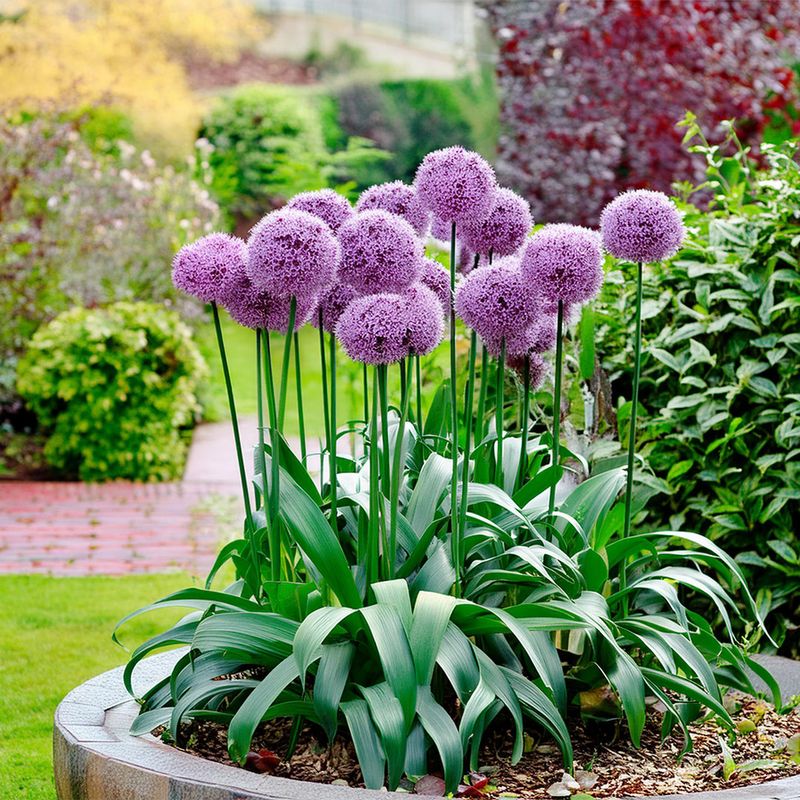
Ornamental onions create stunning architectural interest in gardens while releasing the same sulfur compounds that make their edible cousins so effective against pests. Mice find alliums extremely unpleasant and will actively seek alternative routes around them.
Plant allium bulbs in fall for impressive late-spring blooms that tower above other plants majestically. Space them strategically around your property’s vulnerable points. The bulbs remain active underground year-round, continuously emitting those mouse-deterring scents even when the spectacular flowers have faded away completely.
11. Sage
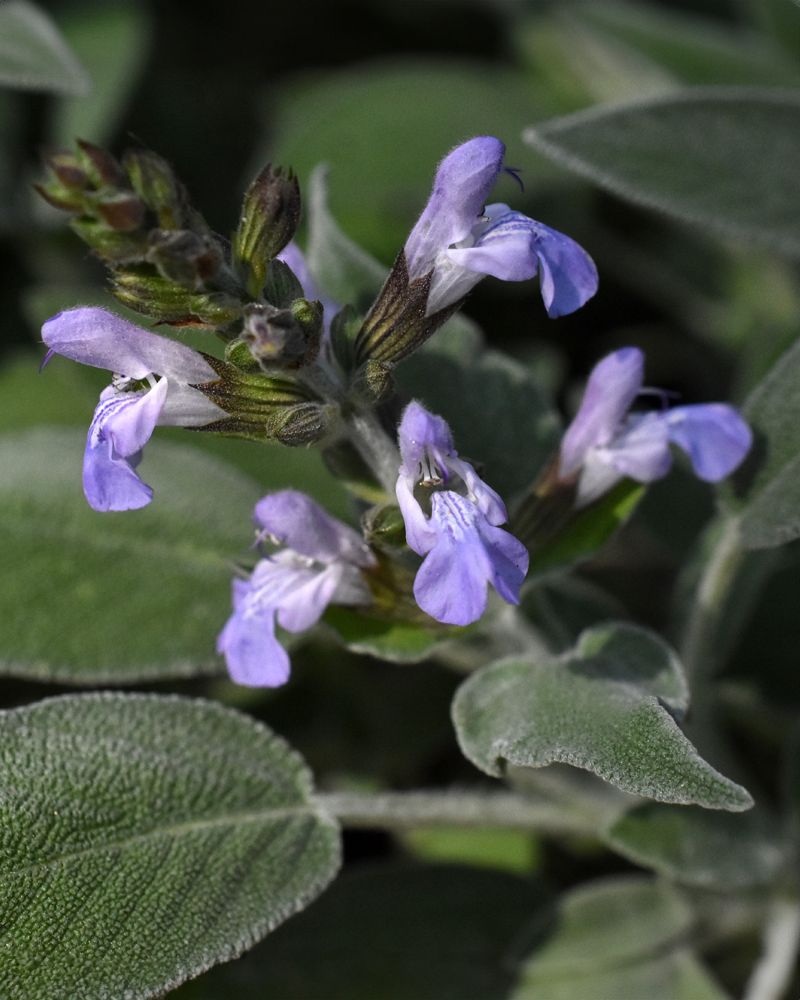
With its earthy, camphor-like fragrance, sage creates an aromatic boundary that mice refuse to breach willingly. The essential oils in sage leaves contain compounds like camphor and eucalyptol that irritate rodent nasal passages severely.
Sage thrives in Georgia’s heat when given sunny locations and well-drained soil conditions. Plant it along foundations, near outdoor living spaces, or in herb gardens close to your home. Regular harvesting for cooking actually strengthens the plant and releases more of those protective oils into the surrounding air naturally.

